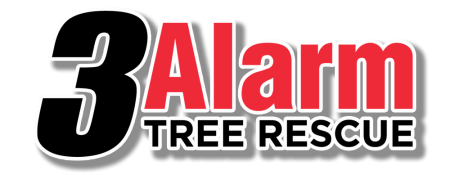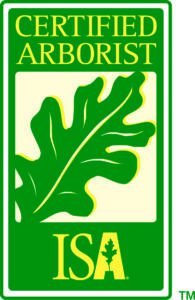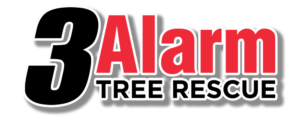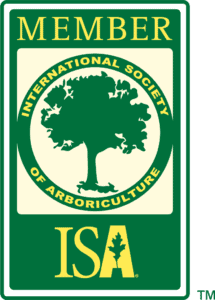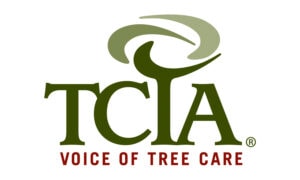Nutrition for Trees
Nutrition for Trees
Effective nutrient management for trees begins with an understanding of their natural habitat and how trees obtain their mineral nutrients. Built to thrive in nature, trees draw life from nutrient dense soil, plentiful water, and interactions with wildlife. As such, growing trees in an urban environment may be a challenge, as essential nutrients may not naturally occur. To compensate, homeowners should consult a professional arborist to develop a nutrient management program for their trees, and apply supplements as needed. First, an arborist should decide which fertilizer is best for your tree’s nutrition needs.
Fertility Management
Regular deep root application of fertilizer might be necessary to ensure your trees have adequate nutrition. Fertilizers may be natural or synthetic, and aim to provide trees with proper nutrients. Common objectives of deep root fertilization include:
- Overcoming a visible nutrient deficiency
- Eliminating a deficiency not obviously visible that was detected through soil or foliar analysis
- Increase vegetative growth, flowering or fruiting
- Increase the vitality and strength of the plant
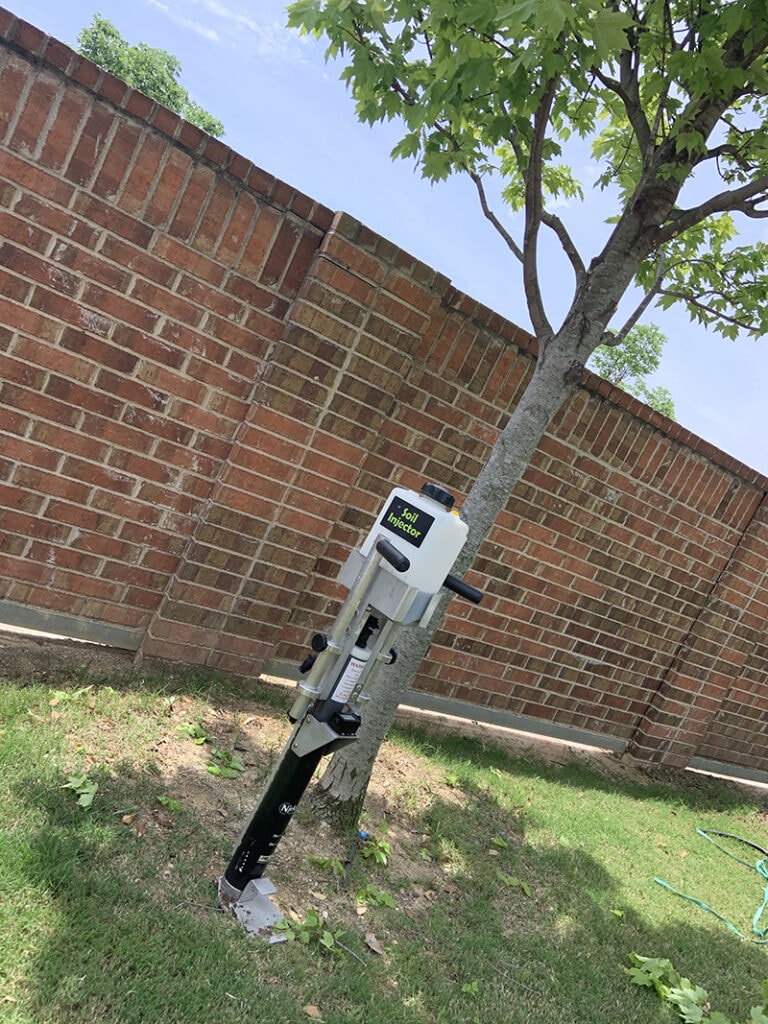
Fertilizer and Soil pH Levels
Professional arborists practice “prescription fertilization,” which means they only apply nutrients found to be deficient. As the medical saying goes, prescription without diagnosis is malpractice; improper fertilizer application can ruin your soil’s pH balance. An unbalanced pH will affect the availability of many nutrients.
While nutrients are vital to tree health, they should never be added if they compromise your soil pH levels. To avoid this, an arborist should measure your soil pH before deciding which fertilizer to use, 3 Alarm Tree Rescue can assist you with this, contact us to learn more.
Measuring pH Levels
The pH scale measures how acidic or basic a substance is, and ranges from 0 to 14, with 7 being the neutral value. A pH less than 7 is acidic, while a pH greater than 7 is basic.
3 Alarm Tree Rescue can make custom recommendations based on the results of the soil sample analysis. Caution: pH levels can change over time, so be sure to conduct follow-up tests and adjust your soil accordingly.
Choosing a Fertilizer
The certified arborists at 3 Alarm Tree Rescue have access to slow-release fertilizer formulated for your tree’s health. Often, professional slow-release fertilizers reduce the need for repeated treatments over the course of the growing season.
When choosing a fertilizer appropriate for trees, arborists should select a fertilizer with the following qualities:
- Features at least 50% slow-release
- Has a salt-index of less than 50 (salt isn’t good for tree health!)
- Does not have high ratios of potassium and phosphorus. Trees don’t like 10-10-10 fertilizers.
Fertilizer Application Methods
Once you’ve selected your fertilizer, it’s time to apply the fertilizer to the planting site.
- Surface Application. This works best when there is no turf or ground cover over the roots. Liquid surface application can be made with a variety of spray equipment. To achieve an even distribution of the fertilizer, a flooding tip or water breaker nozzle is preferred for surface application. Dry fertilizer can be used, but needs to be watered-in. Do not use a surface application where runoff can occur.
- Deep Root Fertilization. This is when nutrients your arborist has selected are injected deep into the ground to reach the roots of the tree and surrounding soil. This process not only ensures the nutrients get to the roots of the tree, it also serves to aerate the ground and allow oxygen to the roots as well. This stabilizes your tree’s root system for better function and overall tree health.
- Foliar & Trunk Application. Fertilizers can also be applied to foliage, or they can be injected directly into the tree. Foliar spray or trunk injections should be reserved for rare cases when soil application is not effective or not practical to apply. These are advance fertilizer application techniques, and are best performed by a professional arborist.
Call 3 Alarm Tree Rescue
Contact our trained arborists.
Nutrition for trees is very important to their overall health. To ensure your trees are getting the best nutrition possible, hire our emergency trained arborists. Our certified arborists at 3 Alarm Tree Rescue can evaluate your trees’ health, and recommend appropriate plant health care treatments.
